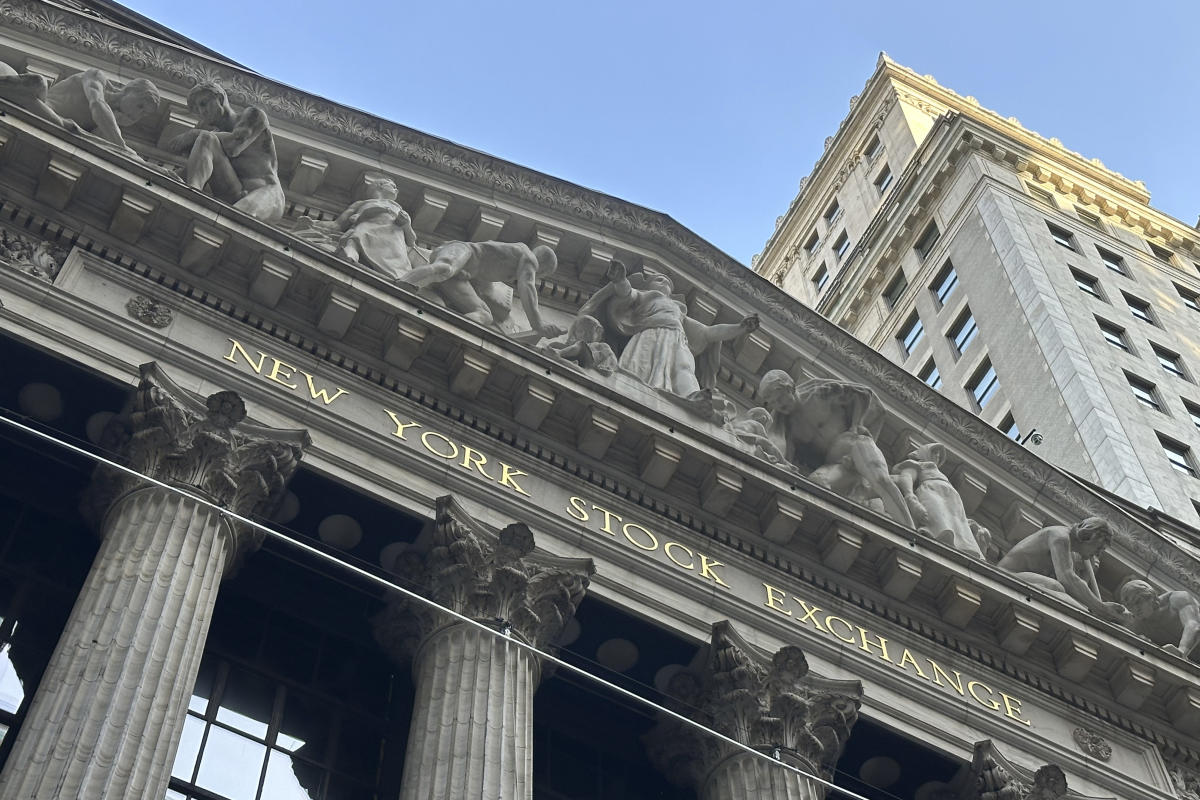
Wall Street displayed mixed trends on Monday as investors awaited the Federal Reserve's interest rate policy decision and new inflation data. The S&P 500 and Dow Jones Industrial Average edged lower, while the Nasdaq Composite inched up.
One significant development came from Southwest Airlines, whose shares surged nearly 8% before the bell following reports that activist investor Elliott Investment Management had amassed a $2 billion stake in the airline and planned to push for changes. The news marked a rare instance of an activist investor targeting an airline.
Meanwhile, far-right parties made major gains in parliamentary elections in France, leading French President Emmanuel Macron to call for a snap election. The euro declined as a result, with the CAC 40 in Paris, Germany's DAX, and Britain's FTSE 100 indexes also experiencing mixed performance.
Asian markets showed mixed results as well. The Tokyo Nikkei 225 index rose, while South Korea's Kospi slipped. China, Hong Kong, Australia, and Taiwan were closed for holidays.
In economic news, average hourly earnings rose 4.1% in May from a year earlier and hiring accelerated as well. However, the unemployment rate ticked up slightly to 4%, raising concerns about the labor market's impact on inflation.
The Federal Reserve is expected to leave its benchmark interest rate unchanged at their upcoming meeting on Wednesday, with most analysts predicting no change until later in the year. The central bank has been grappling with high inflation despite rising interest rates aimed at taming it.
Inflation data for May will be released on Wednesday morning, which could provide further insight into the Fed's decision-making process. Consumer price index data from April showed that inflation had resumed slowing but remained above the Fed's 2% target.
